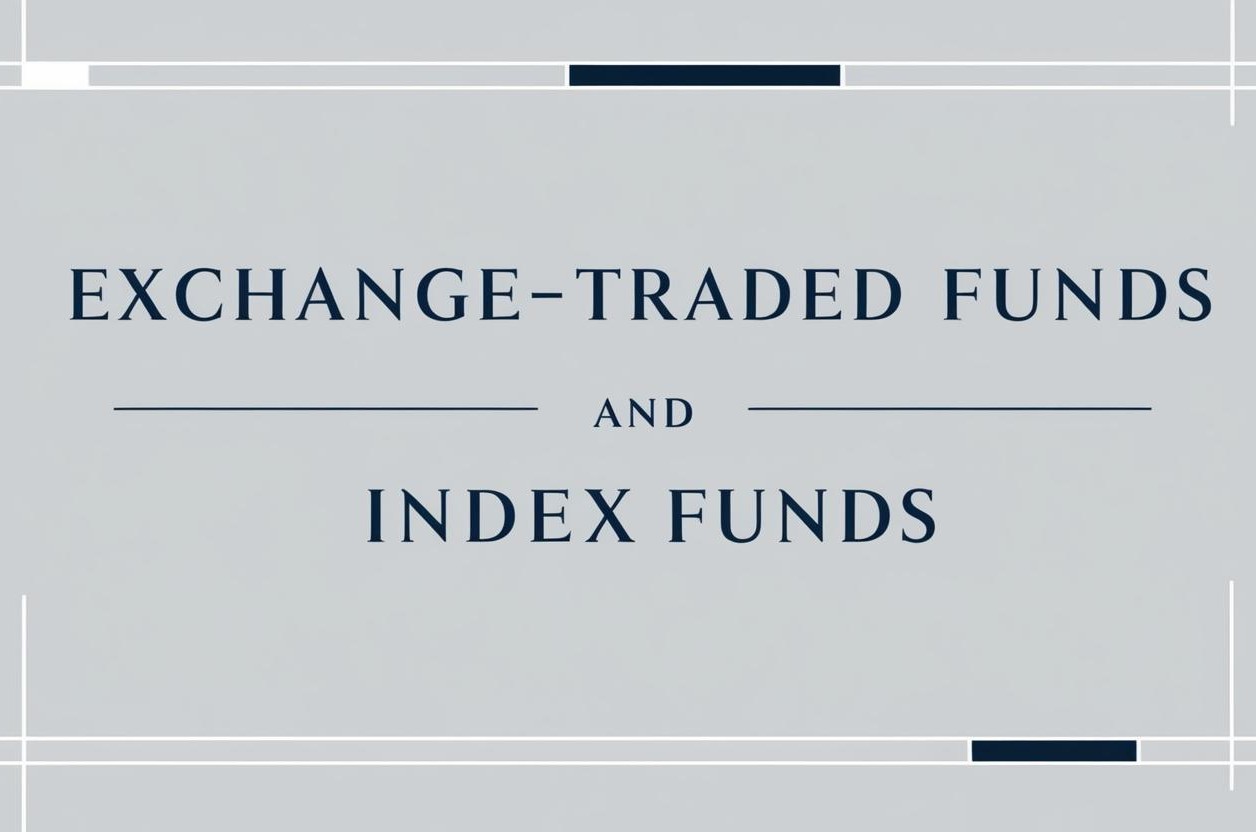NISM Certification Training
(25)+ Courses

In the world of passive investing, Exchange-Traded Funds (ETFs) and Index Funds have emerged as two of the most popular choices. Both offer a simple and cost-effective way to invest in a broad market index, providing diversification and lower fees compared to actively managed funds. However, they differ in structure, trading mechanisms, and suitability for different types of investors. This article dives into the key features of ETFs and Index Funds, compares their advantages, and helps you decide which one is better suited to your investment strategy.
Exchange-Traded Funds (ETFs) are marketable securities that track an index, commodity, or sector and can be traded on stock exchanges like individual stocks. ETFs are designed to mimic the performance of a specific benchmark, such as the Nifty 50 or the S&P 500, by holding the underlying assets in the same proportion as the index.
For example, if you buy units of an ETF that tracks the Nifty 50, your investment mirrors the performance of the top 50 companies in the Indian stock market. The ability to buy and sell ETFs throughout the trading day at market prices makes them a flexible option for investors.
Index Funds are mutual funds that also replicate the performance of a particular market index. Unlike ETFs, they are not traded on stock exchanges but can be purchased directly from the fund house at the day’s Net Asset Value (NAV). Index Funds are managed passively, with the portfolio rebalanced periodically to reflect changes in the underlying index.
For instance, an Index Fund tracking the Sensex invests in the 30 companies that comprise the index, maintaining their weightage to align with the Sensex’s structure.
The choice between ETFs and Index Funds depends on your investment preferences and financial goals:
Consider two investors, Asha and Raj. Asha, a seasoned trader, prefers ETFs for their flexibility and lower costs. She uses a demat account to buy and sell ETFs tracking the Nifty 50, optimizing her trades based on market trends. Raj, on the other hand, is a beginner who chooses an Index Fund for its simplicity and automated management. Both achieve similar returns over the long term, but their investment experience aligns with their individual preferences.
Both ETFs and Index Funds are excellent tools for passive investing, offering diversification and lower costs compared to actively managed funds. Your choice depends on your investment style, experience, and financial infrastructure. ETFs provide flexibility and cost advantages for active traders, while Index Funds offer simplicity and ease for long-term investors. Whichever you choose, the key is to remain consistent and focus on your financial goals.
